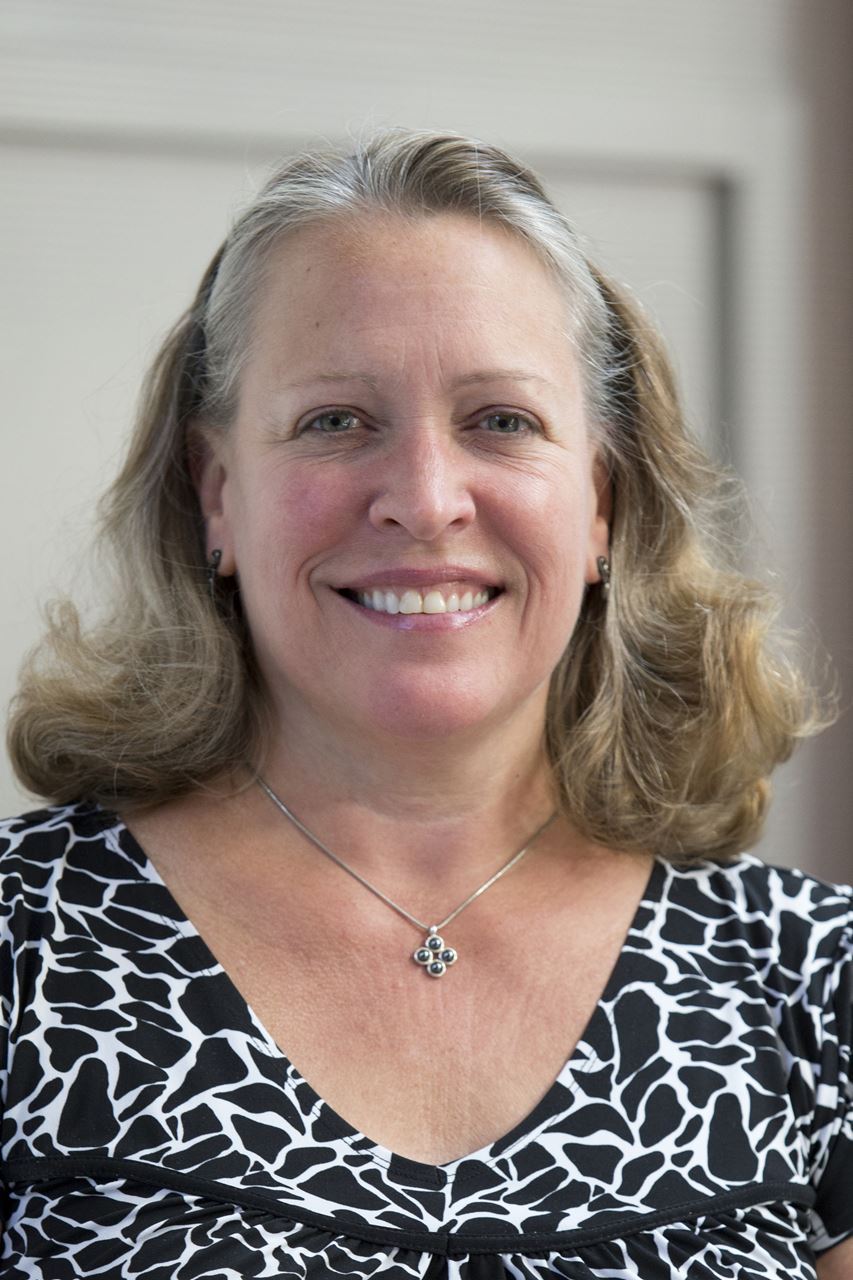 Carolyn Kitch is the Laura H. Carnell Professor of Journalism in the Department of Journalism and the Media and Communication Doctoral Program of Temple University’s Klein College of Media and Communication. She is this year's recipient of the Donald L. Shaw Senior Scholar Award, presented by the AEJMC History Division to honor a scholar who has a long record of excellence in media history. She has authored, co-authored, or co-edited five books as well as more than 70 journal articles, book chapters, and reviews--many of them focusing on memory studies.
Carolyn Kitch is the Laura H. Carnell Professor of Journalism in the Department of Journalism and the Media and Communication Doctoral Program of Temple University’s Klein College of Media and Communication. She is this year's recipient of the Donald L. Shaw Senior Scholar Award, presented by the AEJMC History Division to honor a scholar who has a long record of excellence in media history. She has authored, co-authored, or co-edited five books as well as more than 70 journal articles, book chapters, and reviews--many of them focusing on memory studies.
When and how did you first become involved with AJHA?
When I began graduate school, I was in an American Studies master’s program, and I submitted a paper about Willa Cather’s journalism, not knowing if it – or I – would fit into this organization. My first conference was in London, Ontario and hosted by David Spencer, and when I met him, I knew that this was a special group. For 25 years that has remained true. The people in this organization are very supportive of each other’s research and very fun to be with. I now realize how lucky I was to find this kind of community early in my academic career, and I’m grateful for the friends I’ve made through AJHA.
You are receiving AEJMC History's Shaw Senior Scholar award for your lengthy record of research excellence in the field. What drives you to remain active in media history research?
We tend to think of historical research as documentary work, but it’s also a process of imagination, and that’s what keeps me invested. To me, historical media are portals to a sense of what it might have been like to live and work during a particular era. I’m also interested in longer-term questions of what media survive or disappear, and which people are remembered or forgotten. These are huge questions we can never fully answer, but they’re compelling. Fortunately, when I was starting out, my doctoral advisor, Patricia Bradley, not only allowed but encouraged me to ask broad questions about cultural history and to take interdisciplinary approaches to exploring them. Her work has been a valuable model for me. Don Shaw’s scholarship also was an inspiring example of wide-ranging curiosity.
What do you believe is the importance of public memory as an area of historical inquiry?
Public memory is a process through which people use ideas about the past in order to make sense of the present. Because this occurs in the present, it also affects the narratives we create to explain the present itself, including judgments about what is “newsworthy” now and should be retained for the future. And this process has occurred in every era, not just our own. So, over time, there is a layered relationship between memory construction and what survives as being seen as historically significant. That is a central concern of memory studies, but also deserves theoretical and methodological consideration in media history scholarship.
How does your professional magazine background influence your research?
I worked on staff at two magazines, McCall’s and Good Housekeeping, that were more than a century old. Among the office artwork were covers created by these magazines’ two most famous cover artists, Neysa McMein and Jessie Willcox Smith, both from the early-twentieth century. I liked those pictures because I liked history, and whenever there was some special feature or anniversary issue “looking back” on earlier eras, I was the one who happily headed down the hall to the room where all the bound volumes were. Those experiences ultimately led me to the subjects of my first two books, one about early-twentieth-century magazine illustration and the other about how current magazines construct historical memory. More generally, of course, my magazine experience inclined me to study magazines, a medium still under-represented in journalism history scholarship.
How do you incorporate your historical knowledge into your teaching of non-historical subjects?
There are no non-historical subjects. Everything has a history, and we are in history. Whatever the subject, I try to ask “how” and “what if” and “why” questions to encourage students to think about how we ended up with the kinds of media we have, why certain people may have had more of a chance to shape those media, and what other options there might have been … and still could be. Usually those kinds of questions move the subject beyond media and into other aspects of life. With regard to recent events, we can’t help asking, “How could this have happened?” That question, seemingly about the pressing events of the present, opens the door for conversations about the past.
What are some of your interests and hobbies outside of academia?
Although this is no longer the case, for more than two decades I sang in choruses wherever I was living, and that experience shaped me in many ways. I also love theater, art, and travel, and after the past two years, I will never again take any of them for granted.

